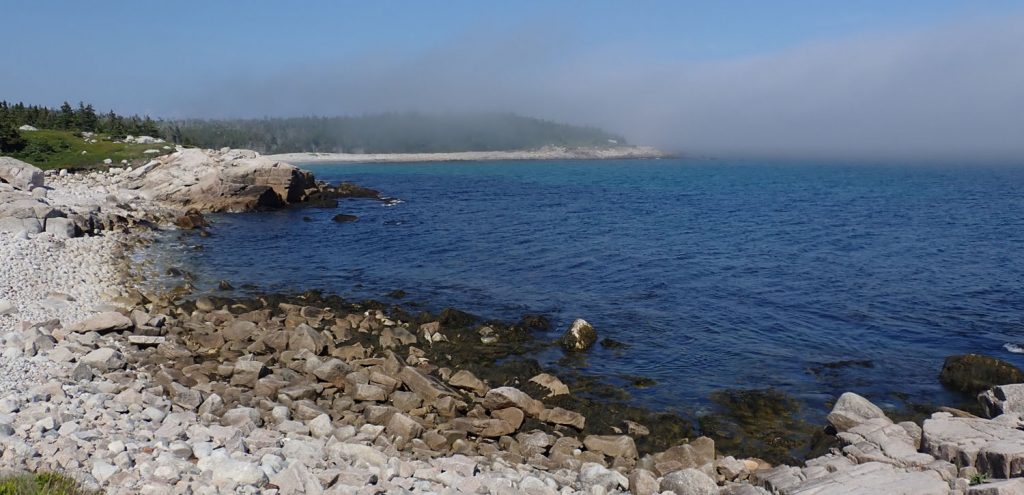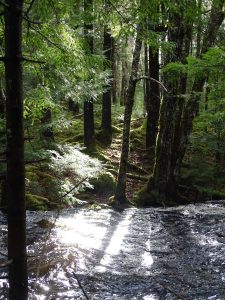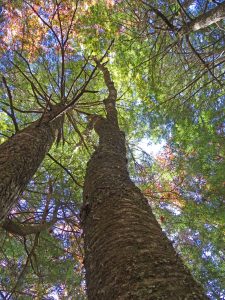 Birdlife International is calling on the UN to add the right to a healthy natural environment to the Universal Declaration of Human Rights, more specifically to
Birdlife International is calling on the UN to add the right to a healthy natural environment to the Universal Declaration of Human Rights, more specifically to
- Vote to include the right to a healthy natural environment at the UN Human Rights Council, in the UN General Assembly and as an urgent topic at the UN Summit on Biodiversity in September 2020.
- Ultimately include the right to a healthy natural environment in the Universal Declaration of Human Rights, adopted by December 2023 to mark the 75th anniversary of the Universal Declaration by the UN General Assembly.
BLI is asking people to sign a petition to this effect.
More on the topic from BLI (photos inserted):
Why a human right?
We’re used to talking about saving species and ecosystems, but the twin biodiversity and climate crises facing our planet already violate and jeopardise our human rights. Because of environmental harms, over nine million people die prematurely every year and hundreds of millions of people suffer illnesses. Climate change impacts – more frequent and intense storms, droughts, wildfires and rising sea levels – threaten the health, well-being and dignity of billions of people. Michele Bachelet, UN High Commissioner for Human Rights, referring to climate change, recently warned that “the world has never seen a human rights threat of this scope.” It’s high time the world’s governments woke up to the gravity of the environmental situation and acted accordingly.
Rights-based approaches have a strong history of catalysing change – such as the campaign to abolish slavery, the women’s rights movement, and the recognition of the rights of indigenous peoples.
What will it achieve in practice?
A new human right is far from just a symbolic gesture. Once a human right is ratified through the UN policy machinery, it’s an immense catalyst for international and national legal change as member states improve their environmental policies to fulfil the right, which would see sweeping improvements to wildlife, ecosystems and the lives of people. It would also make additional resources available to assist developing countries in protecting the environment, and support environmental human rights defenders.Why are we focusing on humans?
Human society is pulling itself from the web of life, and breaking strands: we’re losing our connection to the natural world at the same time as we are devastating it. Yet humans are nature; what protects nature, protects humans. So we approach this campaign with a deep recognition that supporting nature’s rights is supporting human rights, and environmental rights defenders are de facto human rights defenders. As such, this anthropogenic standpoint also completely supports, and is compatible with, an ecocentric viewpoint, including movements to protect inherent rights of nature (such as the Whanganui River in New Zealand which is now legally treated as a living entity).
With the current gaps in national and international law, a human rights approach has the largest potential for the global, systemic change needed to protect life on Earth. The COVID-19 response has also shown that change can happen fast, when there is the political will, and when humans are in immediate danger, compared to the slow response to climate and biodiversity crises where threats may seem far off to some.
What’s the wider context?
This umbrella campaign forms part of a wider push to transform international climate and nature policy at the beginning of the UN Decade of Action, including adopting a Post-2020 Global Biodiversity Framework, a Green Recovery from COVID-19, tackling illegal wildlife trade, reforming agricultural policy, reversing deforestation, and more. Through calling for a universal right to healthy nature, the campaign also aims to ensure that everyone, from all walks of life and all areas of the world, is able to access and benefit from nature. One Planet One Right is also an open call to the rest of the world’s civil society for support; the inclusion of the right to a healthy natural environment is a push we should all be behind if we are to ensure our survival and wellbeing, and save our planet.
What should I do next?
Spread the word, quickly! Sign and share the petition to make it a UN-recognised human right to live on a healthy planet. It may seem overwhelming, but it’s true: to emerge from these crises, to ensure our future and that of the planet, we need to entirely transform humanity’s relationship with nature. This human right helps make that happen.
The petition, launched July 10, 2020, currently July 13, 2020) has 18,405 participants. It would be nice to get a few billion!

Coastal scene in NS a few days ago: we can’t take such pristine beauty
and its many benefits for granted.


